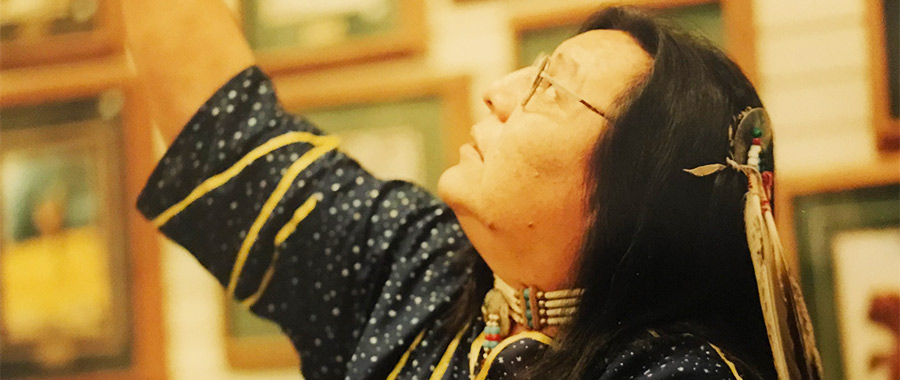The intricate relationship between grief and spiritual awakening has perplexed humanity for centuries. In the context of the Bahá’í Faith, the philosophical underpinnings associated with grief yield transformative possibilities. The Bahá’í teachings invite adherents to perceive grief as a fertile ground for spiritual growth and interpersonal connections. This discourse elucidates how profound grief can catalyze a shift in perspective, cultivating a fertile environment for spiritual joy.
The first pillar of understanding lies in the acknowledgment of grief as an intrinsic part of the human experience. The Bahá’í teachings posit that life is replete with trials, and these tribulations are avenues through which the soul evolves. Grief, in this context, is not merely an emotional state encapsulated by sorrow; rather, it is positioned as a critical juncture in one’s spiritual journey. The duality of loss and growth emerges as a salient theme. With each pang of sorrow, a deeper awareness of both the ephemeral nature of life and the enduring essence of the spirit materializes.
Moreover, Bahá’í teachings emphasize the interconnectedness of humanity. This principle magnifies the communal aspect of grief; suffering intrinsic to one individual resonates within the whole. Embracing this interconnectedness fosters empathy and solidarity, creating a shared space where collective healing can occur. The empathy born from personal grief can blossom into a profound understanding of the pain that others endure. Such realizations not only aid in the grieving process but also illuminate paths toward spiritual joy. Individuals begin to transcend their personal anguish, recognizing that their experiences can empower others in shared lamentation.
In confronting grief, Bahá’í teachings advocate for a reframing of the narrative surrounding loss. Traditional perspectives often view grief as a debilitating force that renders individuals helpless. Contrarily, a transformative lens acknowledges grief as an impetus for renewal. Individuals who make the conscious effort to navigate their grief with intention bear witness to the possibilities that arise. They can become architects of resilience, forging new pathways toward joy by actively engaging with their pain. This profound engagement serves as an invitation to explore deeper emotional landscapes, fostering a richer understanding of oneself.
The concept of the soul in Bahá’í belief elucidates another layer in navigating grief. The teachings articulate that the soul transcends physical existence. Understanding that life does not terminate with death can provoke a profound shift in perspective. This awareness reframes loss as a transition rather than an end. The bereaved may find solace in the belief that their loved ones remain spiritually present, thus unintentionally steering the individual toward joy. Grief, then, becomes not merely a sorrowful void but a complex tapestry woven with threads of eternal connection.
Furthermore, this being-consciousness approach provides fertile ground for spiritual practices that cultivate joy. Meditation, prayer, and introspection emerge as essential instruments in navigating the tumultuous waters of grief. These practices encourage deep reflection and connection to divine attributes, assisting individuals in gleaning insights from their afflictions. Engaging in daily reflection allows for the gradual acknowledgment and release of sorrow, catalyzing moments of spiritual enlightenment. Herein lies the promise: amid the chaos of grief, profound joy can flower, illuminating the path towards deeper understanding and acceptance.
The Bahá’í community serves as a vital resource during periods of grief, reinforcing the importance of communal support. Engaging with fellow believers offers opportunities to share experiences and cultivate a sense of belonging. The act of collective mourning can potentiate healing, creating a sanctuary where one’s feelings are validated. It is within this community that the cyclical nature of grief can be internalized—loss is shared, experiences interwoven, creating an atmosphere of compassion. In this shared experience, individuals can find hope through the stories of others who have traversed similar pathways. Thus, collective grief becomes a symbiotic process, turning sorrow into a vessel for spiritual joy.
Moreover, the struggle with grief serves as a crucible for spiritual maturity. As individuals traverse this challenging terrain, they garner profound insights into their character. The act of enduring and overcoming tragedy fosters resilience, compassion, and a deeper understanding of life’s fragility. Such personal evolution resonates with the Bahá’í principle of the betterment of the world—grief can lead to altruistic endeavors, ultimately enveloping one’s experiences in an overarching gesture of generosity and love. When grief transforms into action—through service, advocacy, or community building—the emotional burdens can morph into lifelines for others. This phenomenon reinforces the cyclical nature of joy and sorrow within the human experience.
In conclusion, the Bahá’í teachings present a nuanced framework for navigating grief, positioning it as an opportunity for spiritual transmutation. Rather than succumbing to despair, individuals are encouraged to seek illumination amidst their anguish. By leveraging communal support, reframing loss as a catalyst for resilience, and embracing spiritual practices, one can uncover the profound joys underlying even the darkest of experiences. In the crucible of grief lies the potential for renewal, growth, and, ultimately, spiritual joy. Embracing this journey of transformation, a deeper appreciation for life and its fleeting beauty can flourish, inviting all to partake in a shared experience of elevation and transcendence.
